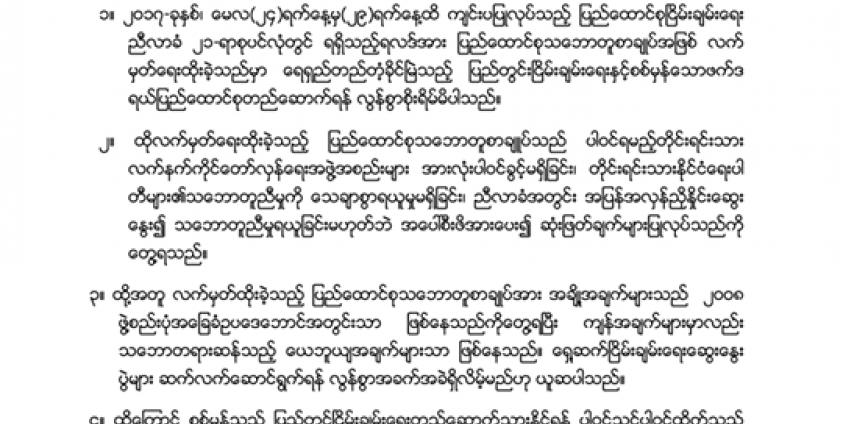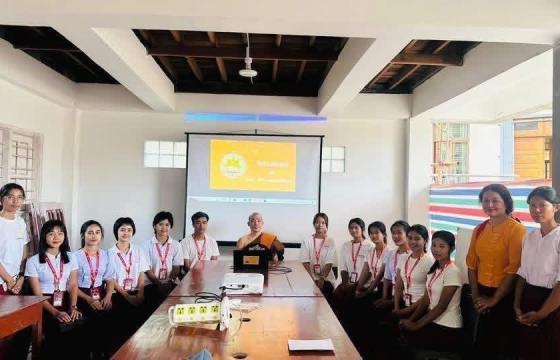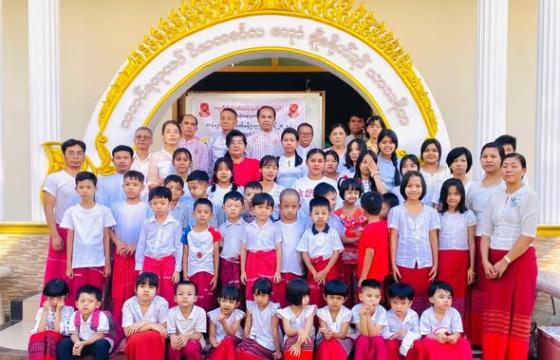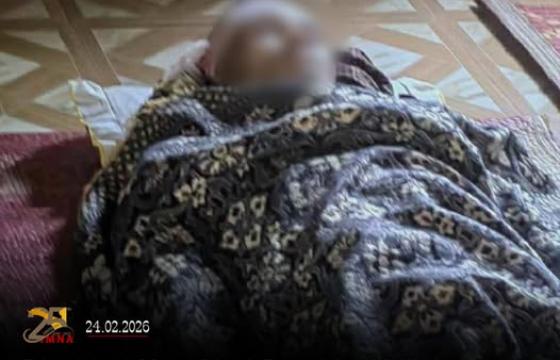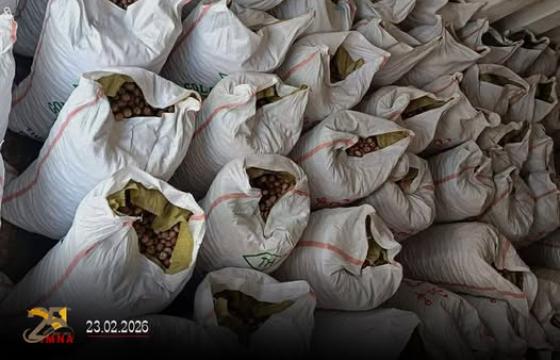It’s time to admit the current peace process isn’t working and to demand an overhaul, a June 8 statement from the Karen National Union Concerned group said.
The statement urged a comprehensive evaluation of the peace process and all its mechanisms, including the political dialogues, working committees and Union Peace Dialogue Joint Committee (UPDJC).
“The whole process needs to be reviewed. There aren’t any more dialogues. They said [that dialogues] would follow the NCA [the nationwide ceasefire agreement] but they haven’t followed the NCA,” said Naw Zipporah Sein, leader of the KNU Concerned Group and former vice chair of the KNU.
“The government and the ethnic armed organizations are supposed to approve the framework for political dialogues, hold national-level political dialogues and then submit the outcomes to the Union Peace Conference,” she said. “Yet the conferences started during U Thein Sein administration without first holding the pre-requisite national-level political dialogues. The existing government did the same in the first session of its 21st-Century Panglong Conferences. In my opinion, the government has failed to follow the NCA.”
The second session of the Panglong conference, held at the end of May, was criticized for moving forward with discussions on ethnic autonomy and federalism without first consulting all ethnic groups that have signed the NCA.
Among the eight signatory groups, only six – the KNU, the Democratic Karen Benevolent Army (DKBA), the Karen National Union-Karen National Liberation Army Peace Council (KNU-KNLA PC), the Chin Democratic Front (CNF), and the PaO National Liberation Organization (PNLO) – have been able to hold national-level political dialogues.
Thirteen ethnic armed groups have also yet to signed the NCA, so the Union Accord that emerged from the second 21st-Century Panglong meeting does not come close to covering all ethnic people, Naw Zipporah Sein said.
The KNU Concerned Group said that some of the points in the Union Accord are only applicable under the 2008 Constitution, which many ethnic groups insist on amending, while the rest of the points are too vague to be of much use. The group’s statement said it may be very difficult to continue holding peace dialogues if the accord is enforced.
Min Aung Htoo, a coordinator working with civil society organizations in Mon State, questioned the point of the accord. “Only seven dialogues have been held. There are plans to hold more in the future. What will we do when the outcomes [of these dialogues] and the points set down by the conference [accord] don’t match?” he said.
Some ethnic political parties have also rejected the validity of the accord.
KNU chair, General Mutu Say Poe, said in his speech at the Union Peace Conference that involving all stakeholders is important to ensuring a solid foundation for the future federal Union. He stressed that the country’s political problems cannot be resolved by the eight NCA signatories alone.
Translated by Thida Linn
Edited by Laignee Barron


